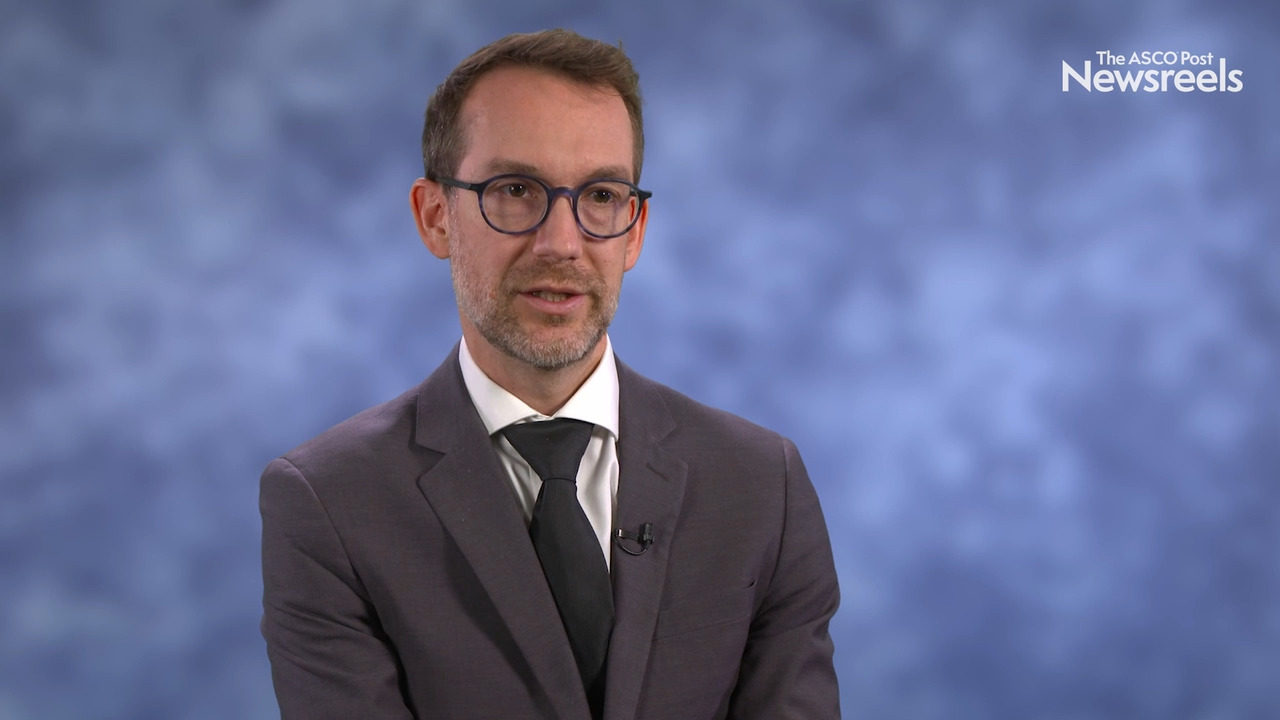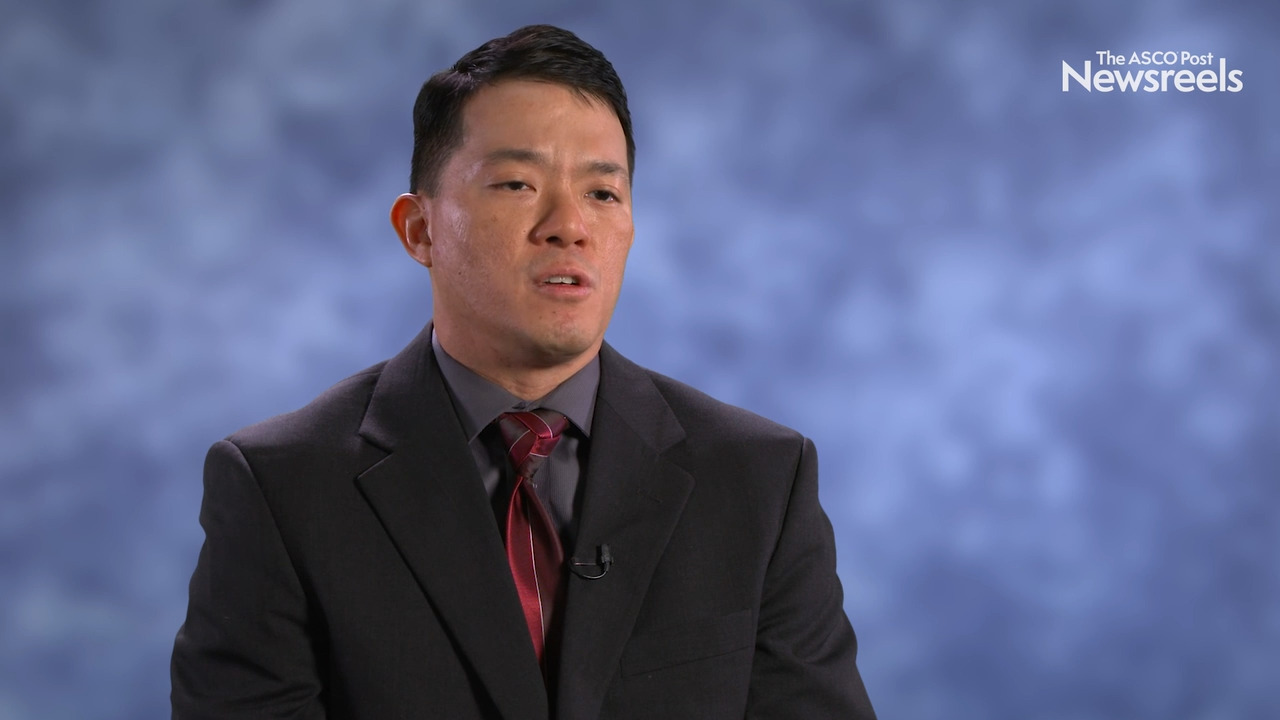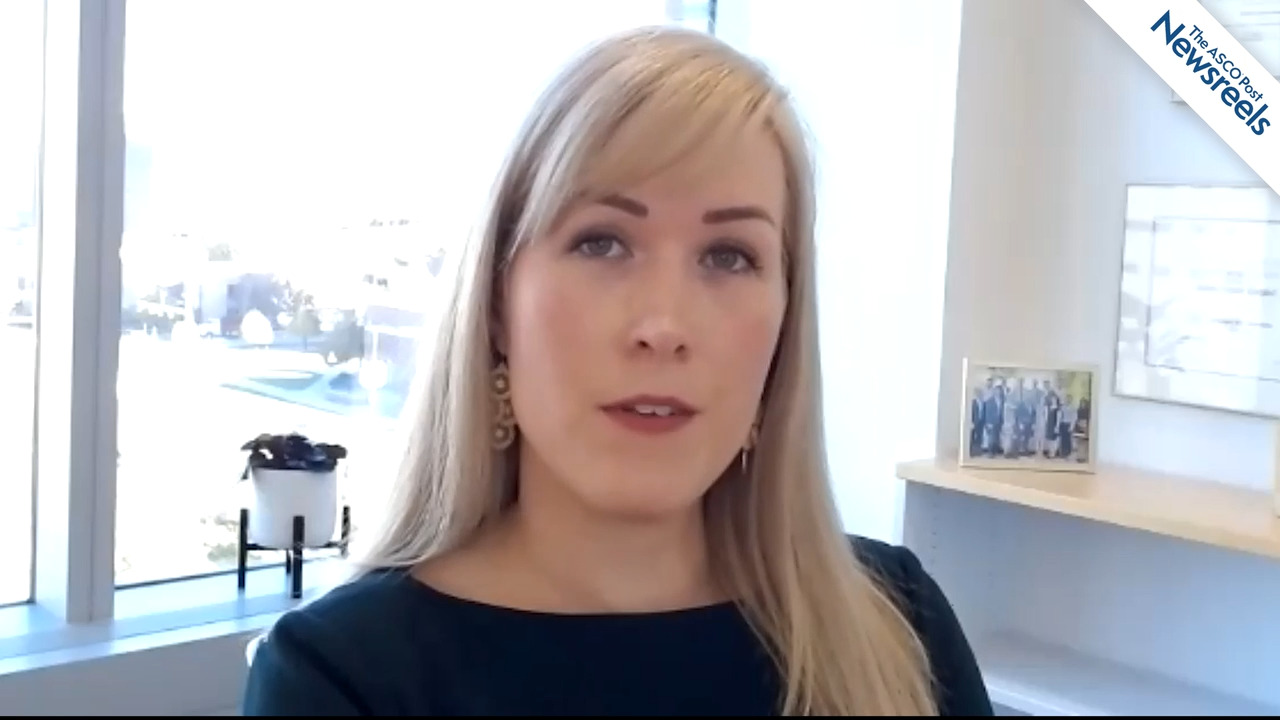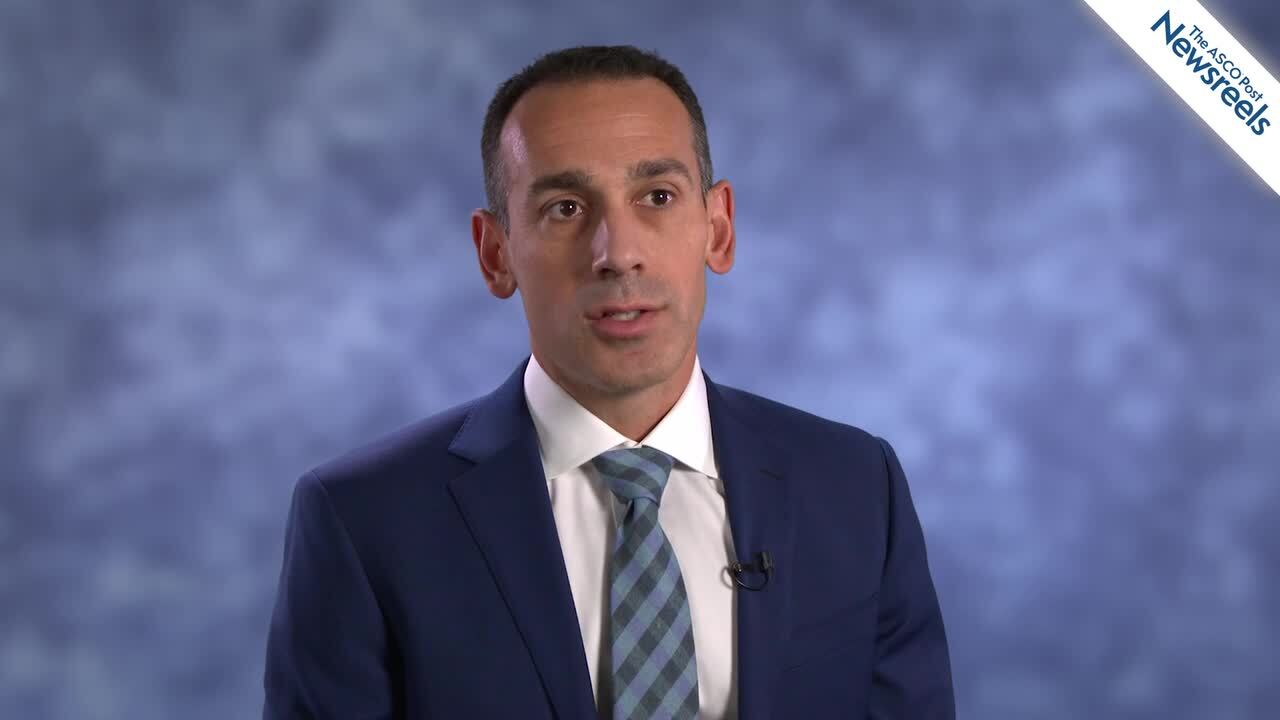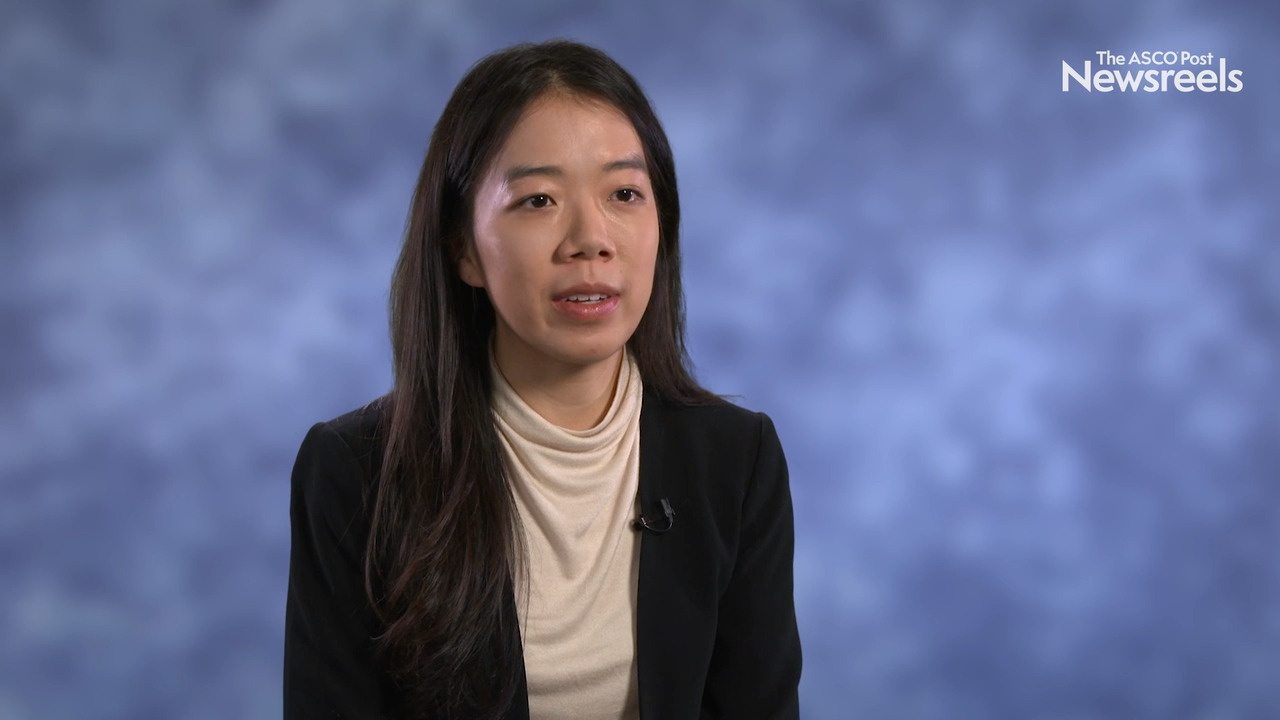Benjamin Movsas, MD, on Prostate Cancer: Patient-Reported Outcomes on Radiotherapy and Androgen Suppression
2021 ASTRO Annual Meeting
Benjamin Movsas, MD, of the Henry Ford Cancer Center, discusses results from the NRG Oncology/RTOG 0815 study, which explored dose-escalated radiotherapy alone or in combination with short-term hormonal therapy for patients with intermediate-risk prostate cancer. In addition to clinical outcomes, Dr. Movsas discusses patient-reported results in the study that may help patients make informed decisions when choosing between these treatment options (Abstract 4).
The ASCO Post Staff
Robert A. Olson, MD, of the University of British Columbia, discusses phase II findings from the SABR-5 trial on stereotactic ablative radiotherapy for up to five oligometastases. Although toxicity of liver and adrenal metastases warrants caution, the trial seemed to show that this type of radiation treatment is relatively safe and should be studied further, given the long overall survival in this patient population (Abstract 6).
The ASCO Post Staff
Daniel J. Ma, MD, of the Mayo Clinic Alix School of Medicine, discusses results from a phase III study of patients with HPV-associated oropharyngeal squamous cell carcinoma. Comparing a 2-week course of de-escalated adjuvant radiation therapy with the standard 6-week course, investigators found that the shorter treatment appeared to have less toxicity, higher quality of life, and similar disease control as the longer standard-of-care treatment (Abstract LBA1).
The ASCO Post Staff
Shauna Campbell, DO, of Cleveland Clinic, discusses results from her study that showed hypofractionated intensity-modulated radiation therapy (H-IMRT) in the definitive or postoperative treatment of head and neck cancers using ≥ 50 Gy in 20 fractions appears to be safe and well tolerated with modest toxicity. Dr. Campbell suggests that prospective studies comparing the safety and efficacy of H-IMRT with those of conventionally fractionated IMRT are warranted (Abstract 2313).
The ASCO Post Staff
David A. Palma, MD, PhD, of Ontario’s London Health Sciences Centre, discusses results of the ORATOR2 study, which compared two treatment options that could be de-escalated for patients with HPV-associated oropharyngeal squamous cell carcinoma: a lower-dose radiation approach (6 weeks instead of 7, often with chemotherapy) vs a transoral surgical approach (with low-dose radiation afterward, for 5 weeks) (Abstract LBA2).
The ASCO Post Staff
Diana D. Shi, MD, of Dana-Farber Cancer Institute and Brigham and Women’s Cancer Center, discusses studies being planned and already underway to test BAY 2402234, a de novo pyrimidine synthesis inhibitor that possibly could be used clinically to target IDH-mutant gliomas and may act as a tumor-selective radiosensitizer (Abstract 167).
